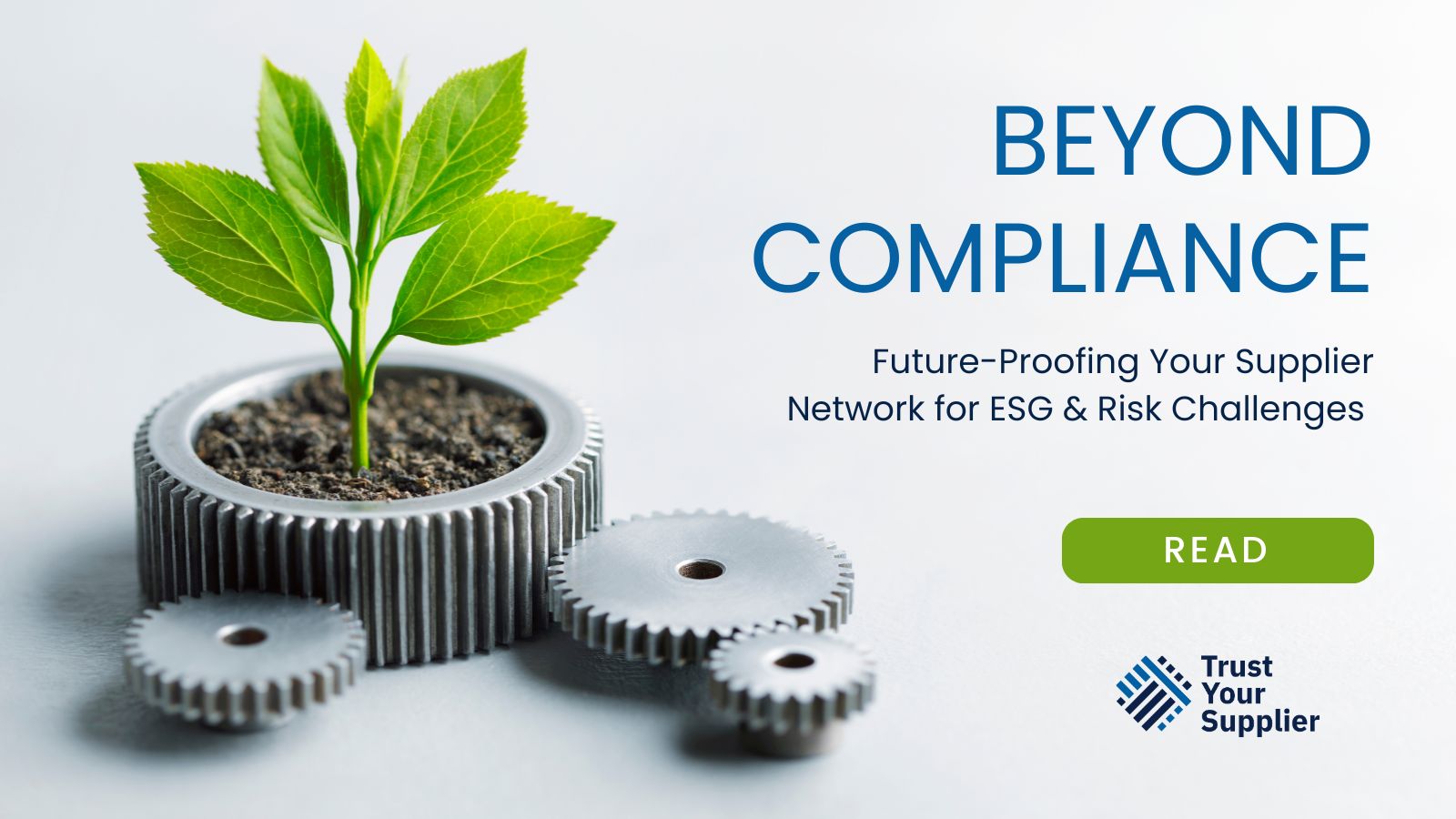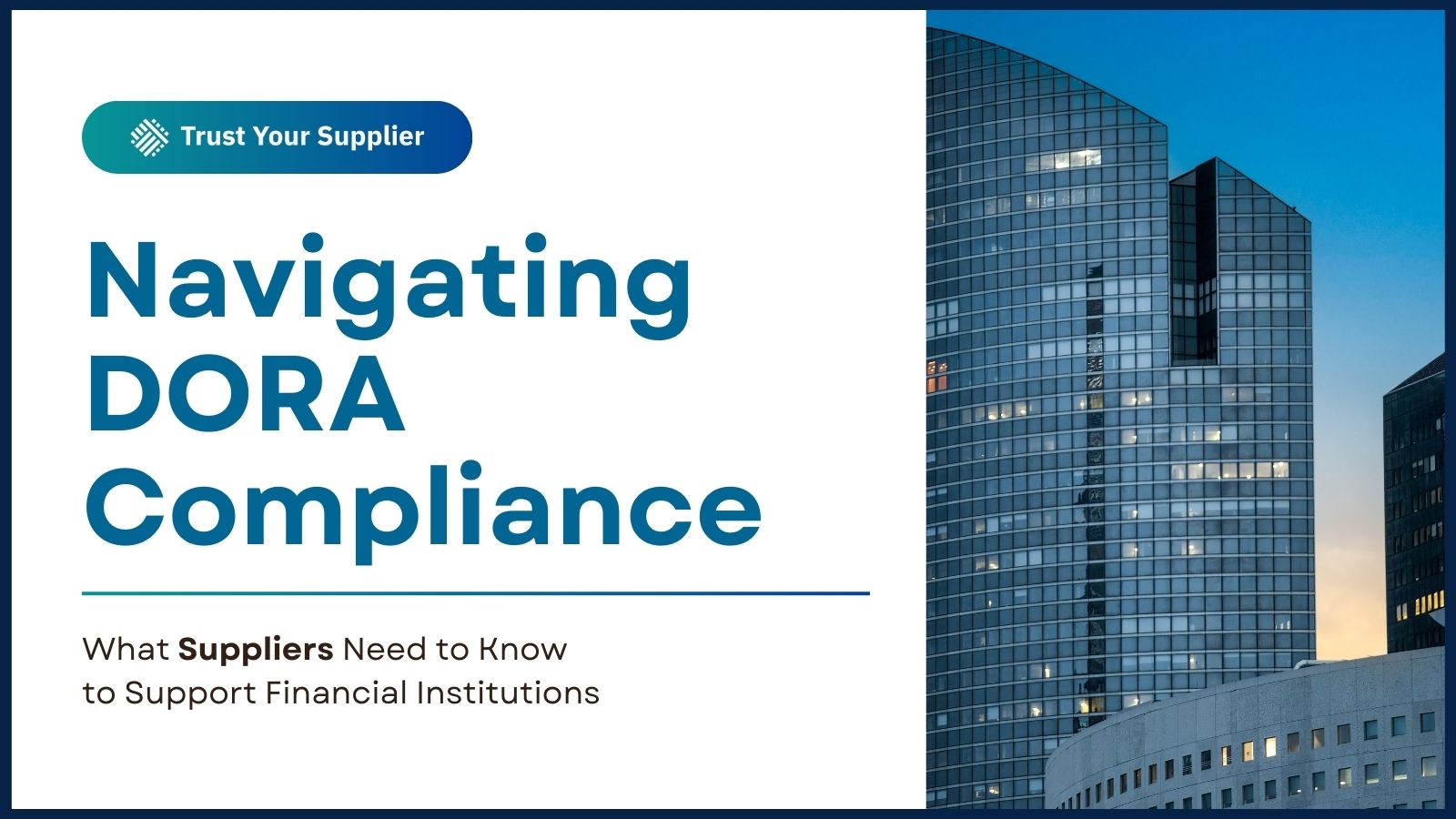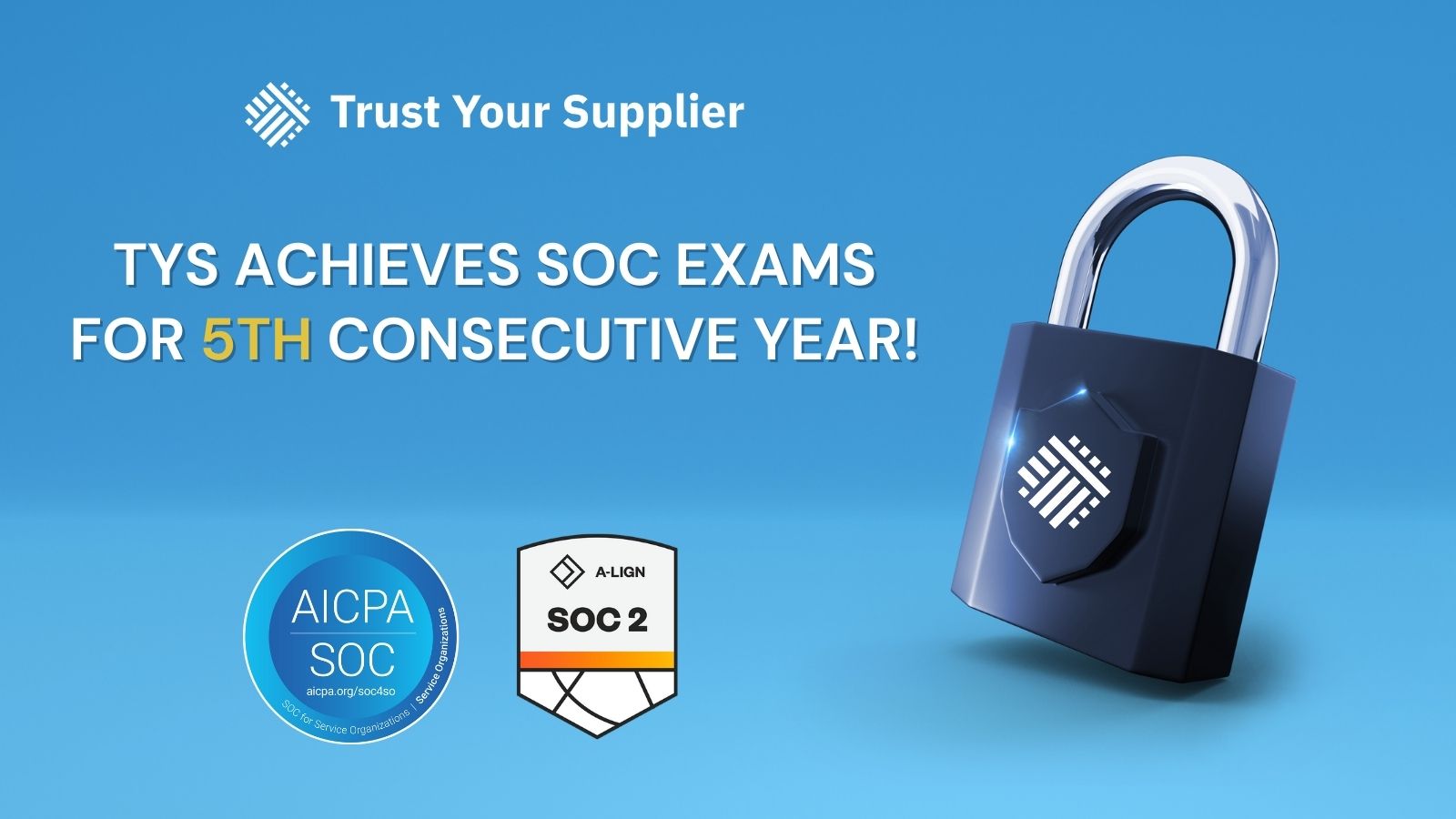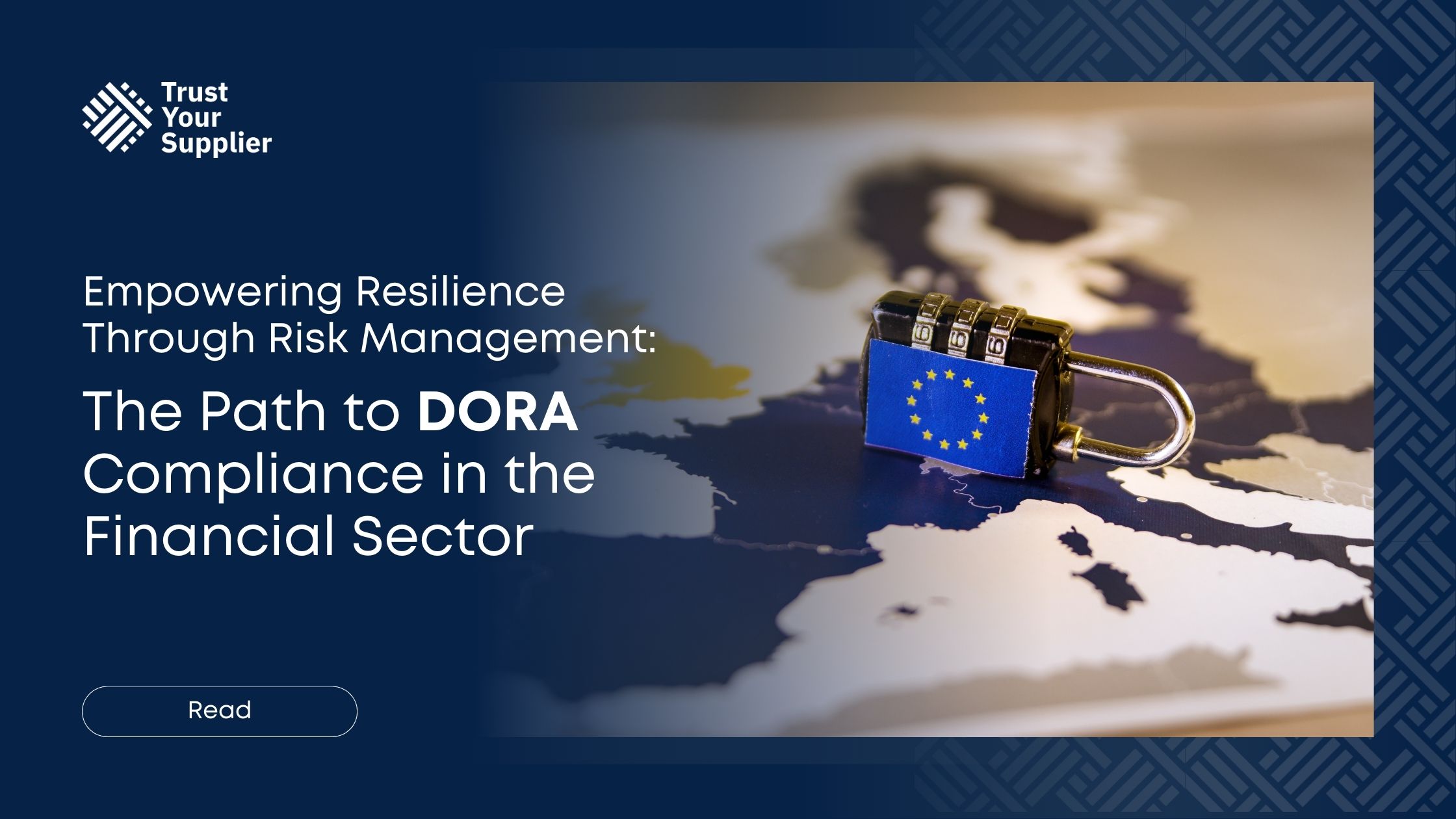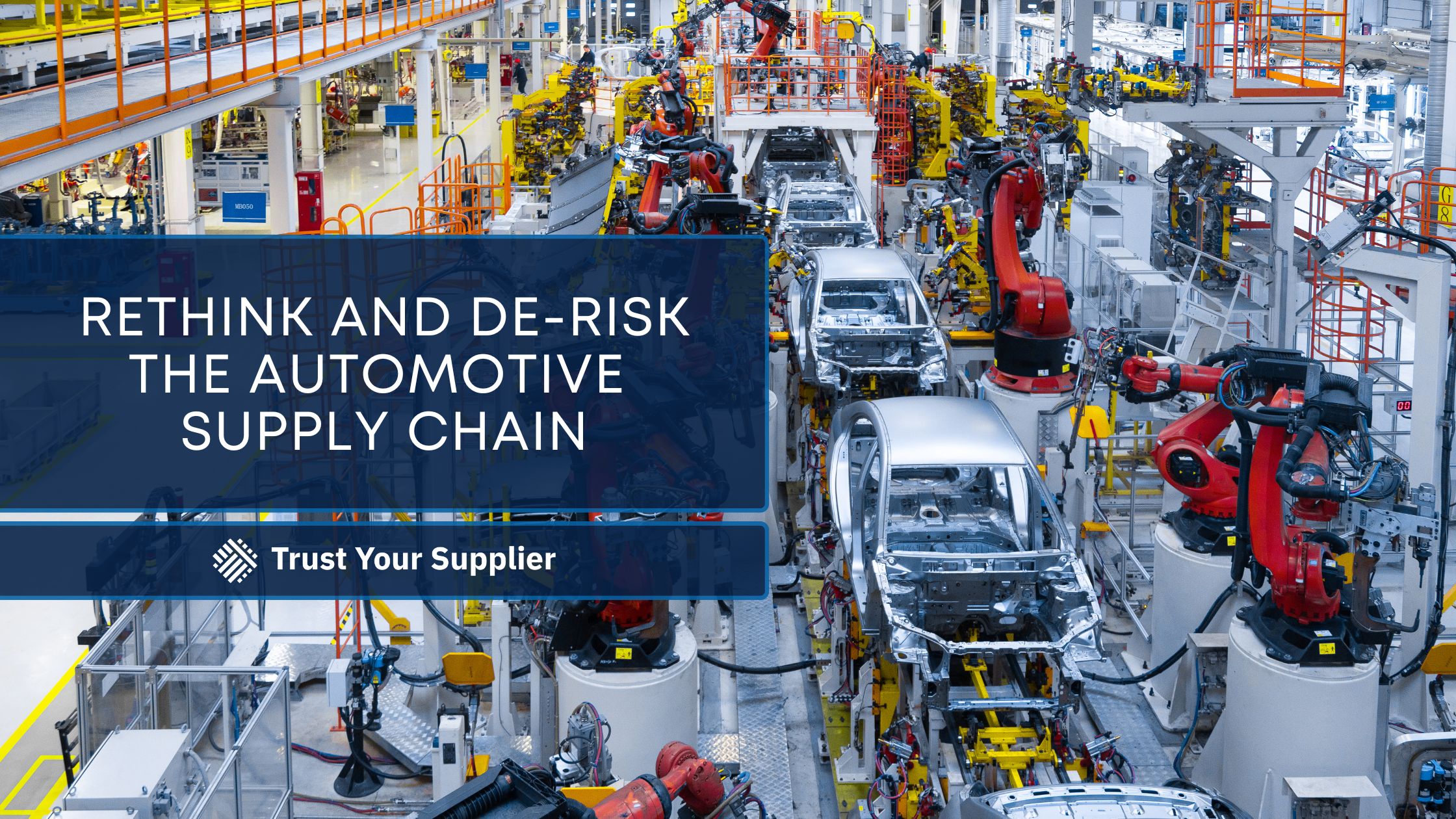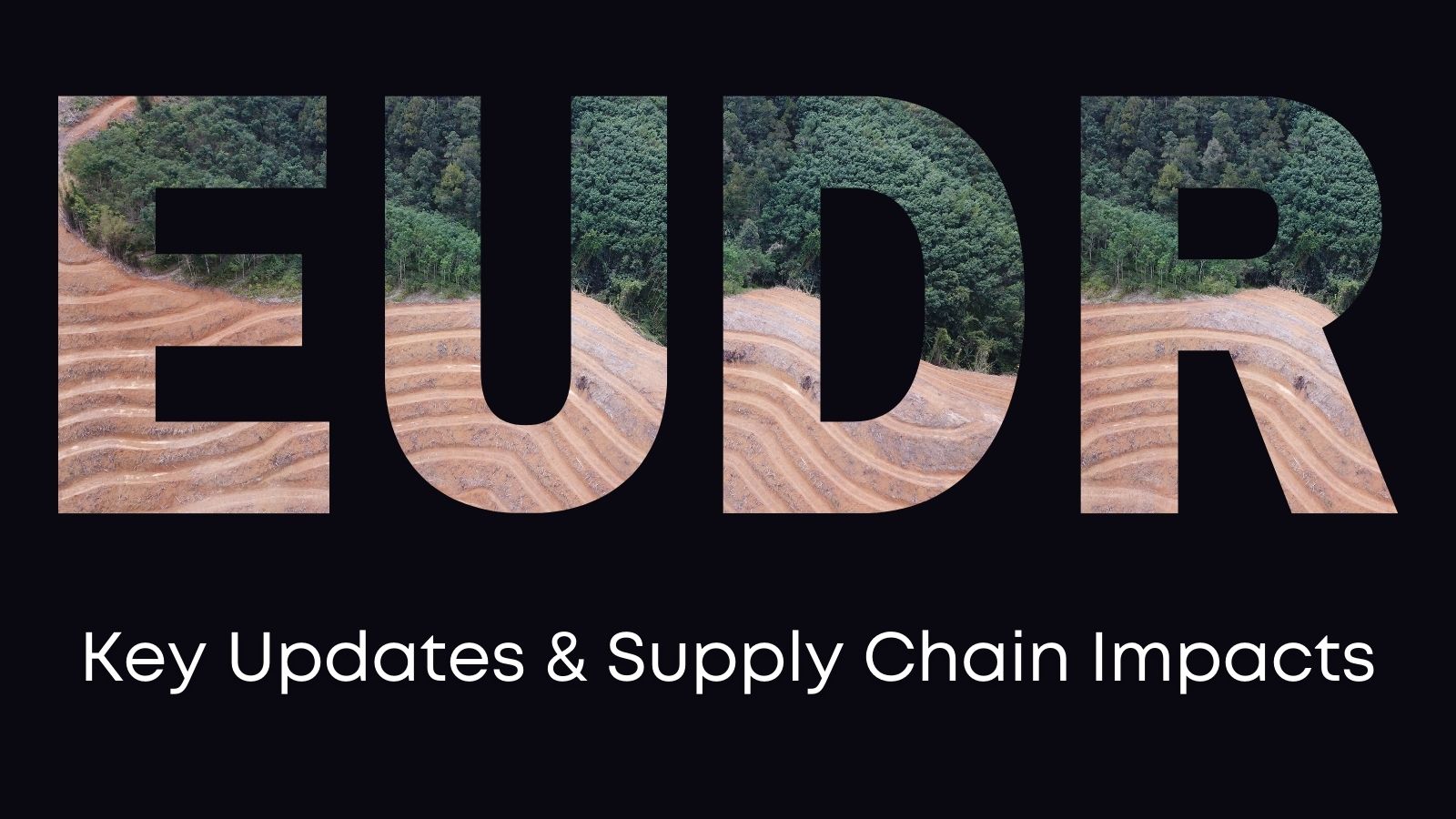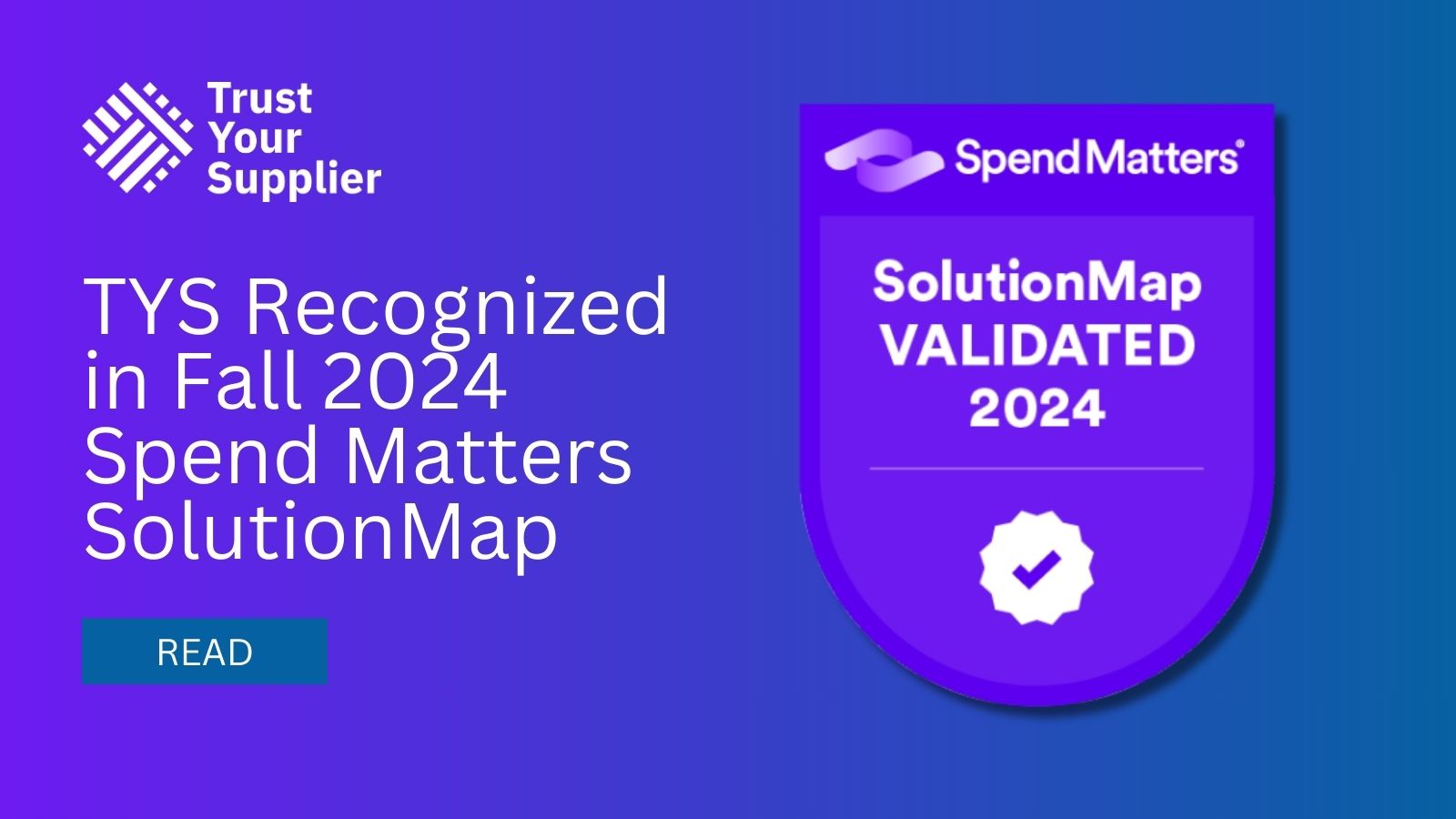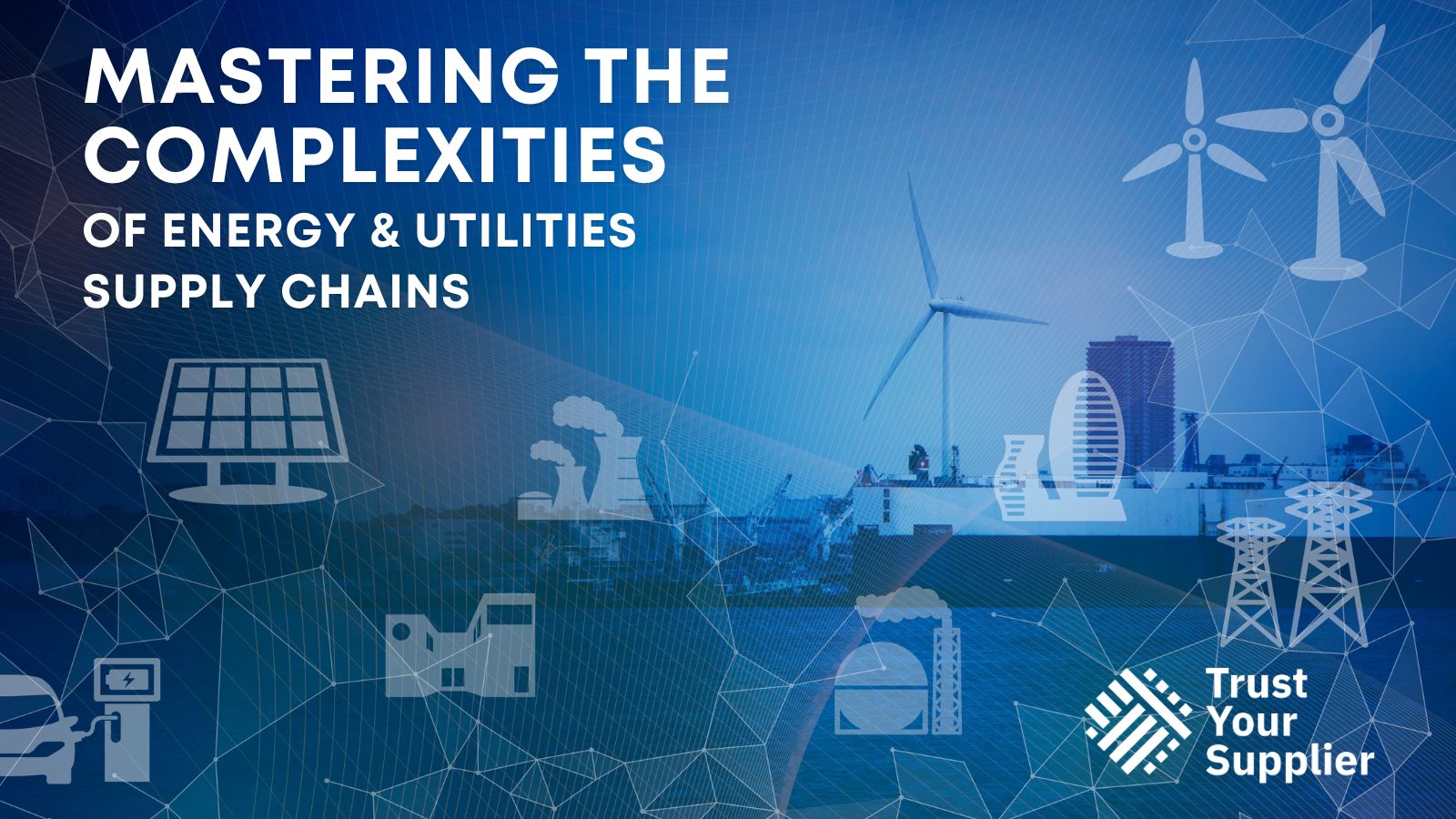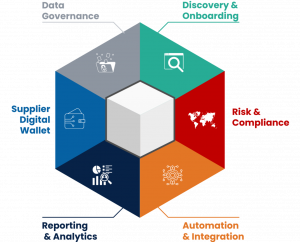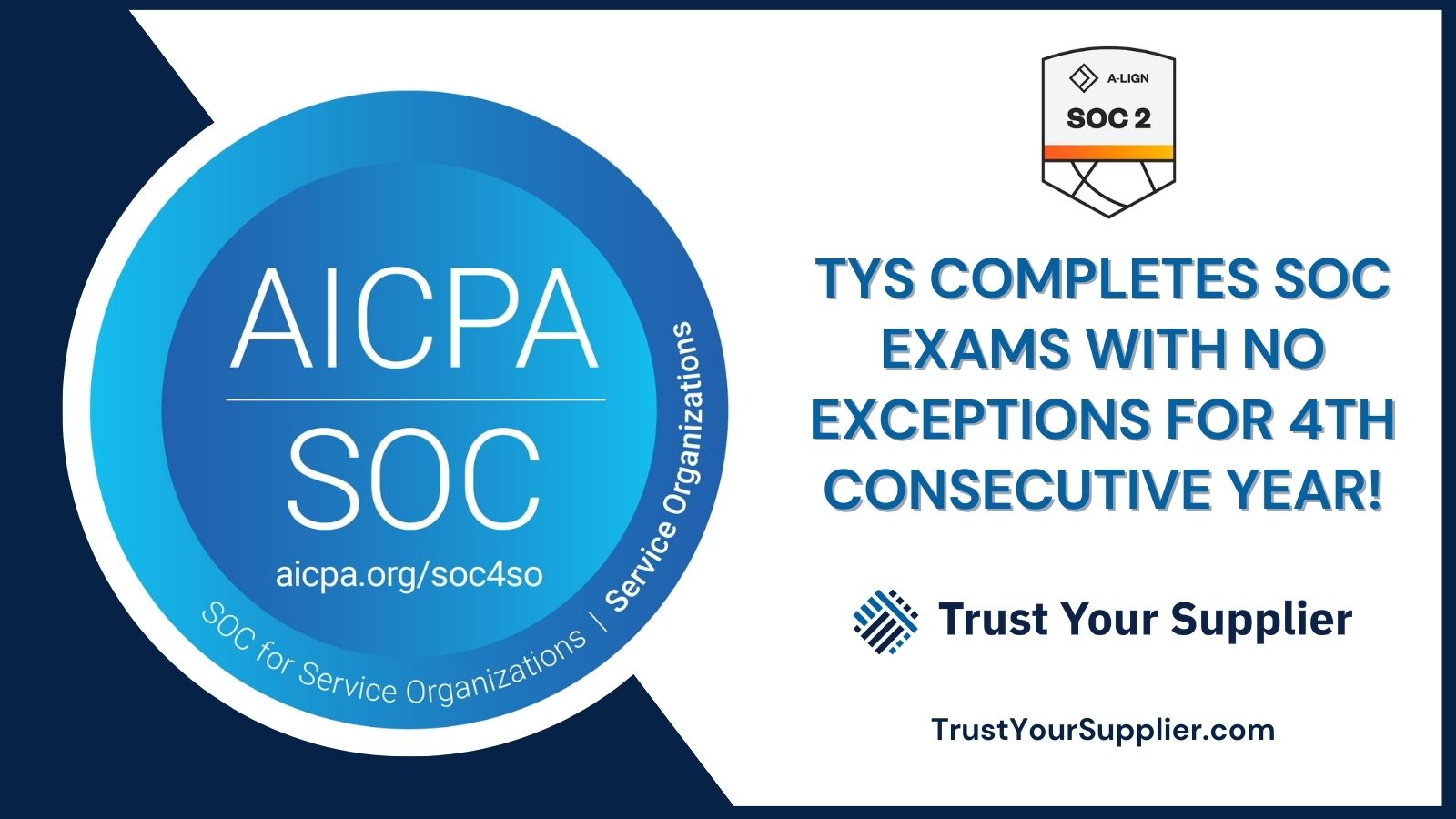Strong supplier compliance isn’t just about meeting regulations—it’s about protecting your business, your reputation, and your bottom line. Companies are under increasing pressure to ensure their supplier networks align with ESG standards, ethical sourcing practices, and evolving regulations. Yet, many struggle with fragmented data, manual processes, and limited visibility into supplier risk.
The Compliance Challenge: A Shifting Landscape
Regulatory requirements are surging worldwide, covering areas such as:
- Environmental & Sustainability Standards (e.g., carbon reporting, deforestation laws)
- Data Privacy & Security (e.g., GDPR, cross-border data regulations)
- Anti-Bribery & Corruption (e.g., FCPA, UK Bribery Act)
- Labor & Employment Laws (e.g., fair wages, modern slavery acts)
With ESG regulations alone increasing 155% since 2011*, businesses must adopt proactive compliance strategies to avoid reputational risks, supply chain disruptions, and financial penalties.
Rethinking Supplier Compliance: A Smarter Approach
Traditional compliance methods rely on manual audits, periodic reporting, and static assessments. But to future-proof supplier networks, organizations need real-time insights, automated workflows, and AI-driven risk mitigation.
Here’s what an effective compliance strategy should include:
- End-to-End Supplier Lifecycle Management – From discovery to onboarding, continuous compliance tracking ensures suppliers meet evolving requirements.
- Automated Risk Assessments – Dynamic questionnaires and AI-powered risk scoring streamline supplier evaluations.
- Integrated ESG & Risk Data – Seamlessly incorporating third-party risk intelligence enables more informed decision-making.
- Predictive Alerts & Workflow Automation – Proactively assigning compliance actions prevents potential violations before they escalate.
From Obligation to Competitive Advantage
For many organizations, compliance is seen as a regulatory burden—an obligation that must be met to avoid fines or reputational damage. However, forward-thinking companies are shifting their perspective. Strong compliance and sustainability practices don’t just mitigate risk; they open doors to new business opportunities, strengthen supplier relationships, and enhance brand reputation.
To turn compliance into a strategic advantage, businesses need the right tools—ones that simplify processes, provide predictive insights, and enable proactive decision-making.
How Trust Your Supplier (TYS) Enables Seamless Compliance & Risk Management
With TYS, you gain the tools to proactively manage supplier compliance, mitigate risks, and streamline your supplier life cycle. TYS ensures that compliance is not just a checkbox—but a catalyst for resilience and growth. By leveraging our advanced analytics, real-time monitoring, and integrated risk data, you can stay ahead of regulatory changes, protect your brand reputation, and drive long-term resilience.
Ready to take control of your supplier compliance? Reach out to learn more about how TYS can help you transform your approach and safeguard your business today.
*Gartner, How Regulatory Complexity Will Shape the Future of Procurement, 2024

